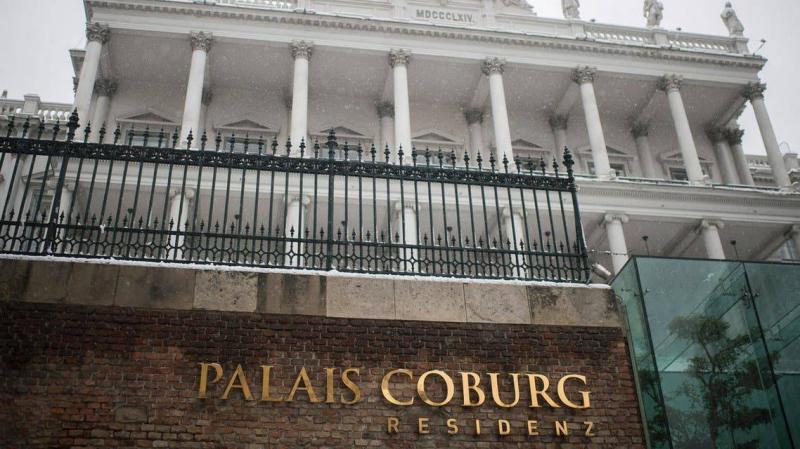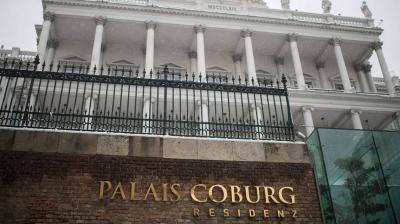As the nuclear talks that began on Monday in the Austrian capital continue for a third day, the United States has ruled out the possibility of assessing any progress at this time. U.S. State Department spokesman Ned Price stated during a conference call on Tuesday evening that some progress had been made in previous rounds of talks, but it is premature to determine whether Tehran has returned to the table in the current round to build on those gains. He added, "It is really too early to know whether the Iranian delegation has returned with a more constructive approach; we are still assessing whether the Iranians have brought back a new agenda of issues or initial solutions to those that have already been raised."
**Modest Progress**
Furthermore, he clarified that this latest round (the eighth round) did not begin a month ago; it commenced on Monday. There may have been some modest progress, but we need to see participants striving constructively and consistently to build on this progress. He continued, "At the conclusion of the seventh round, we left with a shared understanding of what the text would look like as a basis for negotiations on nuclear issues. We are now assessing during this round of talks whether participants have returned with a new agenda of issues or initial solutions to those already presented."
He emphasized that the Biden administration still believes that "the best way to prevent Iran from obtaining a nuclear weapon, at least for the time being, is mutual return to compliance with the Joint Comprehensive Plan of Action."
**Final Round**
It is noteworthy that the eighth round, which began two days ago in Vienna (on December 27, 2021), is expected to be the final one and may last several weeks. However, several European diplomatic sources recently warned that time is running out. Sources reported to "Al Arabiya" yesterday that if no agreement is reached within four weeks, it would mean there would be no revival of the nuclear agreement at all.
**Sanctions and Oil**
It should be mentioned that Tehran reached an agreement with the six major powers (the United States, France, Britain, Russia, China, and Germany) in 2015 regarding its nuclear program, which allowed for the lifting of many sanctions imposed on it in exchange for limiting its nuclear activities and ensuring their peaceful nature. However, the effects of the agreement became virtually nullified since 2018, after the United States unilaterally withdrew from it under former President Donald Trump and reimposed severe economic sanctions on Tehran. While Iranian authorities have gradually rolled back most of the core commitments outlined in the agreement, the Biden administration has expressed a desire to return to the agreement on the condition that Iran does so as well. The two countries indeed began indirect negotiations mediated by Europe in April 2021 to revive the Joint Comprehensive Plan.
Seven previous rounds were held with this goal, resulting in understandings on several issues, while some thorny matters, primarily sanctions and guarantees, remained unresolved before the resumption of the eighth round on November 29, 2021. Tehran continues to firmly insist on the lifting of sanctions and the ability to sell its oil, which could revitalize its economy and living conditions in the country. It also demands assurances from the U.S. administration against further withdrawal and the reimposition of additional sanctions.




